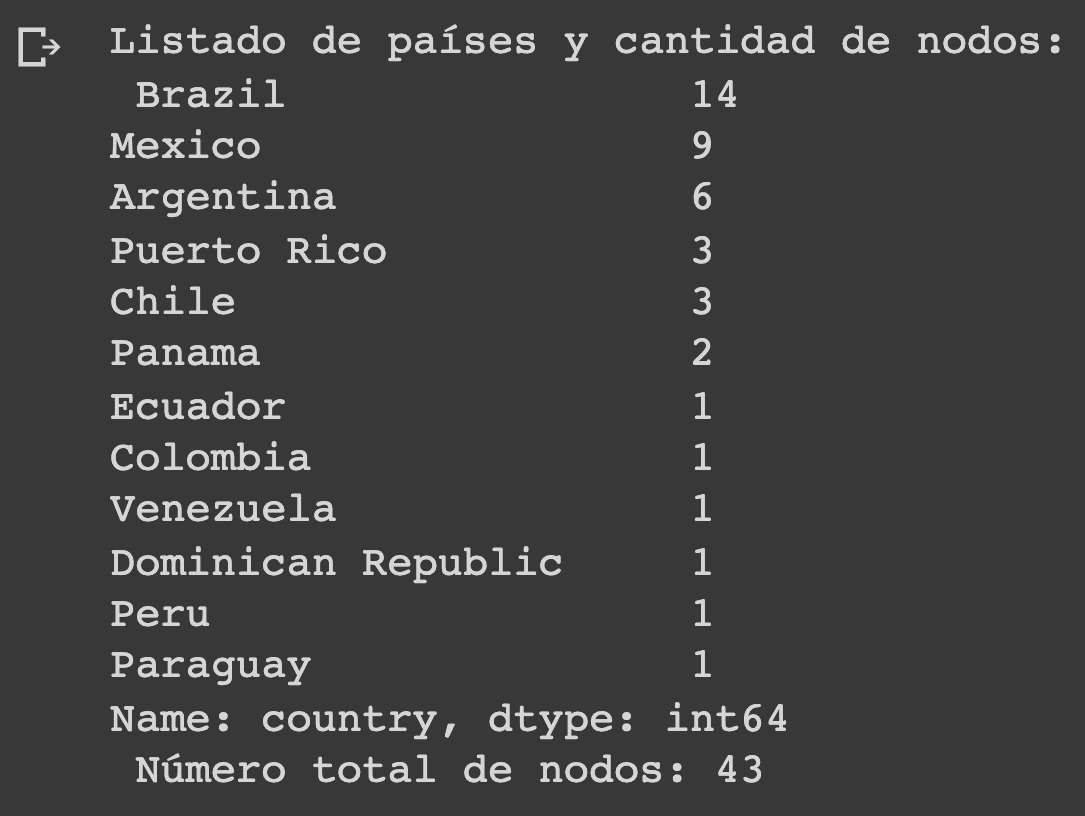Written by Enti - March 1, 2023
Enhancing Ethereum's security with Latin America
Introducing KipuStakers and the current state of staking in the region
Many refer to Ethereum as the World Computer, a platform with a global state upon which thousands of solutions can be built without intermediaries, such as decentralized finance or identity applications. These have the potential to empower disenfranchised communities in Latin America and around the world. Keeping Ethereum secure and resilient is responsibility of each of us.
After The Merge, Ethereum adopted a security model that not only is much cheaper, but also reduces its energy consumption by more than 99.95%. And without going into detail about how Proof of Stake (PoS) works, it is a model that democratizes network security, allowing anyone with 32 ETH to participate while generating a return that currently stands at around 6% in emission and tips (~7% if MEV is included).
The role of Latin America in Ethereum and its security
Latin America is one of the regions with the highest growth and adoption of crypto. Political and economic instability, like the inflation in Venezuela, which reached 130,060% in 2018, has forced us to look for better stores of value.
According to a report by Chainalysis, we are the seventh largest cryptocurrency market, having moved $562 billion from 2021 to 2022, representing a growth of 40% compared to the previous year. For many of us, crypto represents access and exposure without barriers to opportunities and a new global market.

Image from nodewatch.io
The challenges and potential of staking in Ethereum
Unfortunately, and despite rapid adoption, the region is responsible for less than 1% of block validation, with only 43 of the more than 10,800 nodes on the entire network.

Información extraída de nodewatch.io
The reason? A few weeks ago, we conducted a survey to better understand the current landscape in the region. 48 people responded, and these were the results:
75% do not stake $ETH on the Beacon Chain.
Of this 75%, 72% do not have 32 $ETH and do not know of any alternative, and 22% do not know what staking is or do not possess the technical knowledge.
Of the 25% who do stake, only 25% have their own validators, while the rest use services such as Lido and RocketPool or centralized ones such as Binance or Kraken.
The reality is that staking is still quite technical. Practically all resources are in English, and 32 ETH make validating almost impossible for the average person in Latam. Although there are already projects that allow you to validate with less, we will see them in greater depth in following posts ;).
We need to expand the geographic location of nodes.

Image from mevwatch.info
On the other hand, JP Morgan estimates that the staking industry will reach $40 billion by 2025. We believe we are perfectly positioned to bring part of the industry to our lands and attract capital that would certainly benefit our communities.
KipuStakers: The staker community in Latin America.
Following the rise of Ethereum in Latin America with events like ETHLatam, over a dozen local events, and of course Devcon VI, ETH KIPU was born, where leaders of local communities are working on different initiatives to support the Ethereum ecosystem in the region.
We quickly realized that staking is a challenge that we need to work on to make it more accessible. This is where KipuStakers comes in.
We started with the goal of running at least one node internally and documenting our experience so that others can take advantage of it and join the initiative. This led us to identify the major challenges for validation and to reach out to several staking projects to look for solutions.
Some of the ones we have had the pleasure of talking to are:
Sensei: a Latin American startup that offers staking services in the region.
Stakin’: institutional staking service provider.
Obol: one of the pioneering projects in distributed validator technology (DVT), still in testing phases.
RocketPool: a permissionless protocol that allows anyone to run a node with just 8 ETH.
dAppNode: sells plug-and-play hardware and distributes free software that facilitates validator configuration.
EthStaker: the largest Ethereum staking community on the internet, they’re dedicated to educating and supporting stakers in their journey.
Stader: a permissionless protocol that allows anyone to run a node with just 4 ETH (still in testnet at the moment).
ether.fi: a permissionless protocol where stakers keep control of their keys (still in beta). They have an initiative to incentivise solo stakers in underrepresented regions, you can check it out here Operation Solo Staker.
In addition, as part of our own learning, we made an introductory presentation on staking in Ethereum, covering everything from the basic functioning of the network and proof of stake to the different ways of contributing to Ethereum's security and the various challenges. You can see it here (in Spanish): Intro a Ethereum Staking con Andy Guzmán (here's the presentation if you want to use it to present in your own community: Presentation).
You can support the initiative by collecting this post or donating to ethkipu.eth (0xA1f8f57237A9F80D46584fCb855dfe7B936BFB01)
Would you like to receive updates by email?
You will receive all our news and updates in your inbox. You can unsubscribe whenever you want :)
